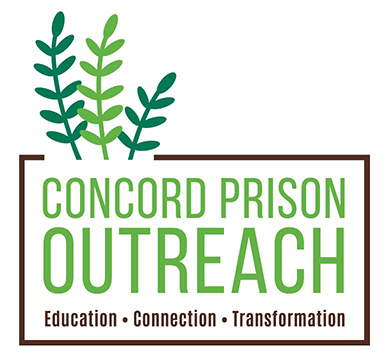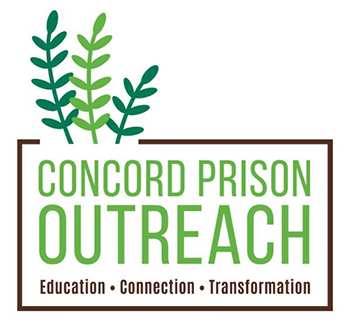Useful Resources for Volunteers
UPCOMING VOLUNTEER EVENTS:
LANGUAGE:
Social Justice Phrase Guide – From The Advancement Project
Advancing a social justice agenda starts with being smart and deliberate in how we frame our discourse. The Social Justice Phrase Guide is your go-to tool to craft inclusive messages. Whether developing language for your organization, communicating through media platforms or engaging in personal discussions, follow these guidelines to successfully communicate across communities. A collaboration of Advancement Project, a multi-racial civil rights organization, and The Opportunity Agenda, a social justice communication lab, download the printable pamphlet here.
Guidelines for Conscientious Communications
- Accurately and Respectfully Talk About People’s Identities, Situations, and Roles in Society
- Retire Outdated and Problematic Phrases and Metaphors
- Talk About Policies and Solutions in Realistic and Accurate Ways That Spur The Action Social Justice Advocates Want
- Lift Up Unity, Participation, and Cooperation Over Division, Extreme Individualism, and Competition
- Reinforce Prosperity Over Scarcity
An Open Letter to Our Friends on the Question of Language
Center for NuLeadership on Urban Solutions
Eddie Ellis, founder of the Center for NuLeadership on Urban Solutions, invites us to use humanizing language when referring to people with criminal records.
4 Easy Steps to Follow:
- Be conscious of the language you use. Remember that each time you speak, you convey powerful word picture images.
- Stop using the terms offender, felon, prisoner, inmate, and convict
- Substitute the words PEOPLE and RETURNING CITIZENS for these other negative terms.
- Encourage your friends, family, and colleagues to use positive language in their speech, writing, publications, and electronic communications.
A Guide for Communicating About people Involved In The Carceral System
The Underground Scholars Initiative is made up of formerly incarcerated and system-impacted academics. The guide highlights preferred and appropriate language to discuss people and issues related to prison and incarceration.
Concord Prison Outreach
2026 Volunteer Handbook
The purpose of this handbook is to contextualize the role as a volunteer inside Massachusetts prisons and jails. It provides information on incarceration in Massachusetts, the on boarding process, volunteer expectations, and polices and procedures.
TEACHING IN PRISON:
Teaching in Prison: A Collection of Thoughts,
Dave Marsters
Journal of Correctional Education (1974-), Vol. 42, No. 4 (December, 1991), pp. 164-166 (3 pages)
Published By: Correctional Education Association
Learning to be a Prison Educator, Nicole Patrie
Journal of Prison Education and Reentry Vol. 4 No. 1, June 2017
Abstract: For many correctional educators, the learning curve upon beginning to teach in prisons can be steep. This paper explores issues that are encountered by correctional educators: culture shock, skill or knowledge gaps, and philosophical dilemmas. With experience as a correctional educator and administrator, the author presents a training and mentorship program developed as a result of correctional education expansion in Alberta, Canada. Formalizing the training and mentorship program has proven to be a successful structure under which correctional educators can be supported through all phases of their development.
VIDEOS:
Why Correctional Education Matters
RAND research on correctional education—adult basic education, GED preparation, vocational training, and post-secondary education—looks at the effect correctional education has on recidivism and post-release employment and at its cost-effectiveness.




